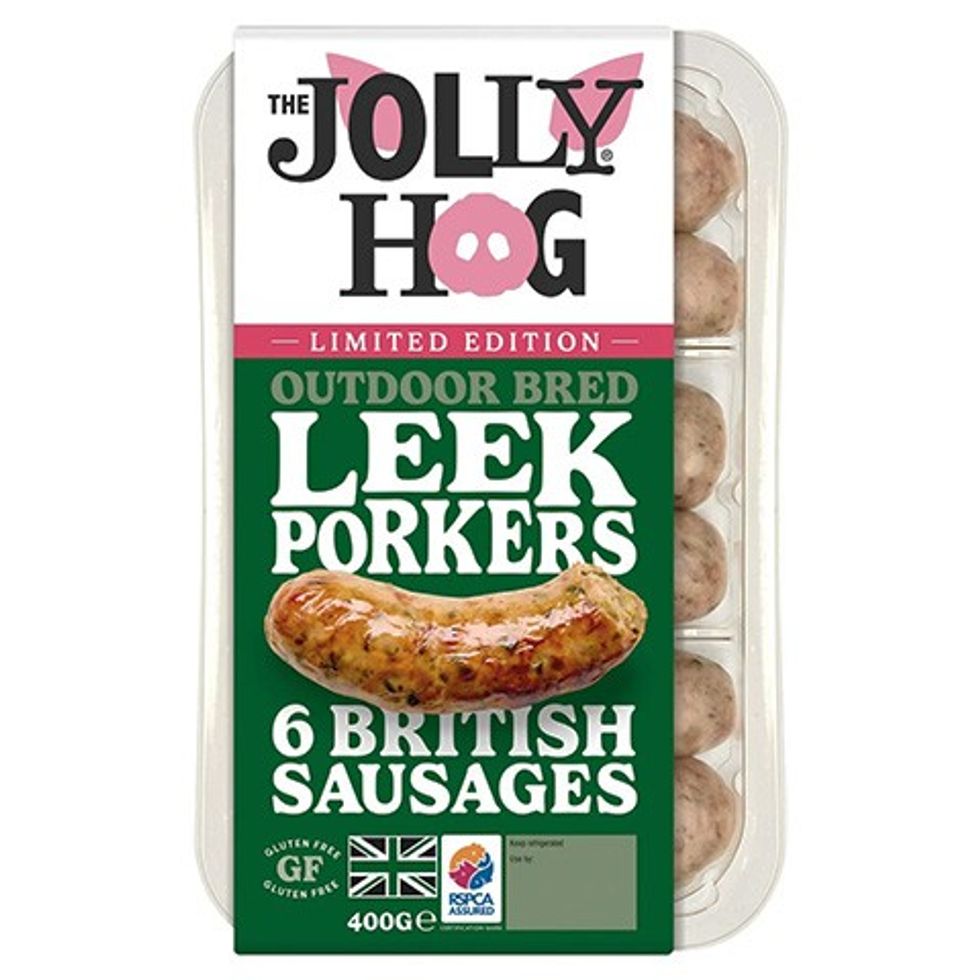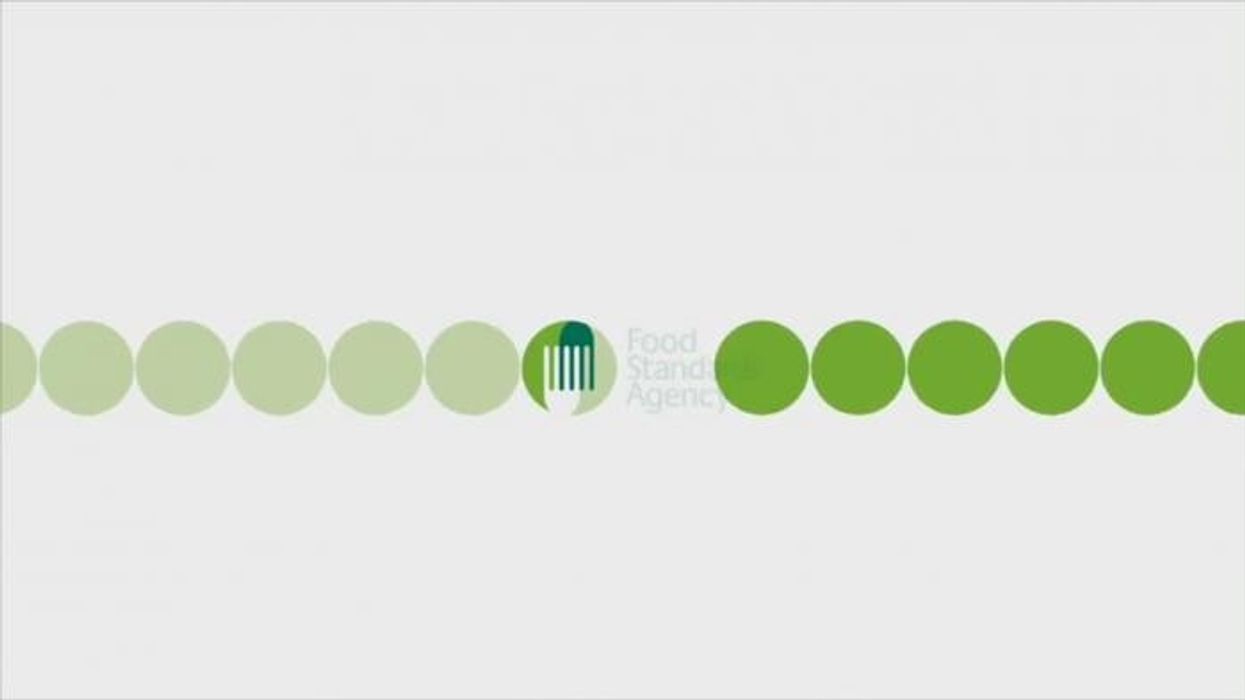Sausages sold at Sainsbury's, Morrisons, and Waitrose recalled over undeclared ingredient

The product poses a health risk to those with a milk allergy or intolerance
Don't Miss
Most Read
Latest
Shoppers who purchased pork and leek sausages from three major supermarket chains face an urgent food safety alert.
The Jolly Hog has initiated a recall of its Leek Porkers 6 British Sausages 400g from Sainsbury's, Morrisons, and Waitrose across England and Wales. All affected products bear a use-by date of September 28, 2025.
The Food Standards Agency (FSA) issued the recall notice on September 17 after discovering the sausages contained milk that was not declared on the packaging.
This labelling error creates a "possible health risk" for customers who suffer from milk allergies or lactose intolerance.
TRENDING
Stories
Videos
Your Say
Consumers with milk allergies or intolerances should avoid eating these sausages and instead bring them back to their point of purchase.
The supermarkets have confirmed that customers will receive complete reimbursement without presenting proof of purchase.
The manufacturer has reached out to allergy support groups to spread awareness of the recall amongst its members.
Point-of-sale notifications have been displayed in affected stores to alert shoppers about the safety issue.
LATEST DEVELOPMENTS:

The sausages were recalled after undeclared milk was discovered in the product
|MORRISONS
Individual retailers have established dedicated channels for customer enquiries about the recall.
Morrisons customers can reach the online service department at 0345 322 0000, while Waitrose shoppers should ring 0800 188 884 and select option 4.
Both supermarkets have instructed customers to package the sausages before returning them to any branch location.
The Jolly Hog has also set up direct communication through their customer care email at info@thejollyhog.com for those seeking additional information about the affected batch.

The product can be returned to all three major supermarkets for a full refund
|GETTY
Symptoms of a milk allergy
Allergy UK said: "Cow's milk allergy is one of the most common food allergies to affect babies and young children.
"Most children will have outgrown their allergy to milk by the time they reach school age (around five years of age).
"In a small number of people who do not outgrow their allergy to cow's milk, it will persist into adulthood. Where this happens, people are more likely to experience more severe allergic reactions."
There are two types of cow's milk allergy: IgE-mediated food allergy and Non-IgE mediated food allergy. These depend on how the immune system reacts.
Meanwhile, intolerance reactions do not involve IgE antibodies or the immune system.
Most reactions are mild and moderate, although sometimes they can be severe. Anaphylaxis is the most serious form of an allergic reaction and can be "life-threatening".
Mild to moderate symptoms of a milk allergy include an itchy mouth, tongue and throat; swelling of lips, around the eyes or face; red, raised, itchy rash (often called nettle rash, hives or urticaria); vomiting, nausea, abdominal pain and diarrhoea; and a runny nose and sneezing.
Severe symptoms of anaphylaxis include the swelling of the tongue and/or throat; difficulty in swallowing or speaking, or a change in voice (hoarse voice); wheeze (whistling noise) or persistent cough; difficult or noisy breathing; and dizziness, collapse, or loss of consciousness (due to a drop in blood pressure).
For more information on cow's milk allergies in both adults and children, consult Allergy UK.
The recall comes just days after health officials issued a warning to shoppers over a dangerous cereal.
Food recalls must always be taken seriously to ensure customer safety and well-being.
About allergy alerts
The FSA explained: "Sometimes there will be a problem with a food product that means it should not be sold.
"Then it might be 'withdrawn' (taken off the shelves) or 'recalled' (when customers are asked to return the product).
"Sometimes foods have to be withdrawn or recalled if there is a risk to consumers because the allergy labelling is missing or incorrect, or if there is any other food allergy risk. When there is a food allergy risk, the FSA will issue an Allergy Alert."
Our Standards: The GB News Editorial Charter











